2019 Summer Institute
Identity, Belonging and Sense of Place with Ping Chong + Company
Scaffolding
A process of support for ensuring the efficacy of learning. In the 2019 Institute, scaffolding took place before, during, and after the four days of workshops.
“In education, scaffolding refers to a variety of instructional techniques used to move students progressively toward stronger understanding and, ultimately, greater independence in the learning process.”
—The Glossary of Education Reform
Before the Institute
Grant from Ohio Arts Council (OAC)
In 2019, Muse Machine applied to the OAC for project support of the 2019 Summer Institute for Educators: Identity, Belonging and Sense of Place, featuring internationally acclaimed artists of Ping Chong + Company and related curriculum workshops. The application noted:
Throughout the year, Muse celebrates and challenges teachers by putting them face-to-face with remarkable thinkers, artists and educators from across the globe as part of its professional development series (collectively known as Muse for Educators) that includes the Summer Institute for Educators and curriculum workshops.
Planning for the 2019 institute began after the 2016 institute when PCC were featured artists. Building on that success, Muse and PCC wanted to continue working together to further explore the company’s body of interdisciplinary theater projects. Planners also wanted to create a companion project for students after the institute—a residency program in two Dayton Public Schools that serve culturally diverse students and reflect Dayton’s growing immigrant population. Through an eight-week residency, secondary students will explore similar themes introduced at the institute and develop original theatrical performances inspired by significant experiences in the lives of the students and their families. (Funding from the National Endowment for the Arts, The Allegro Fund of The Dayton Foundation, The Iddings Foundation and the Vectren Foundation are secured for this special residency project.)
The institute promotes immersive learning in the arts, explores relevant universal themes and contemporary content, and helps teachers bring arts integration into their teaching. The following activities create a sequential approach to learning before, during and following the institute:
- Photography workshop How to Capture a Sense of Place with Andy Snow in April (funded);
- PCC introductory workshop for teachers in April (funded);
- June training session for local artists who are interested in using the arts to address social justice issues and participating in summer institute (funded through the National Endowment for the Arts, or NEA);
- Dayton Metro Library prepares institute-related reading list for grades four through 12 (in-kind donation);
- PCC pre-institute reading assignments;
- Standards-based teacher institute, July 15-18, 2019;
- Post-institute instructional activity packets for use in classrooms;
- Handouts on authentic assessment and documentation of learning;
- Two to three follow-up curriculum workshops held during the 2019-20 school year; and
- Individual artist and evaluation consultancies for teachers via FaceTime, if needed.
Following are details of pre-institute activities:
Capturing a Sense of Place: A Photography Workshop for Educators
April 2, 4:00-6:30pm, Metropolitan Arts Center
This free workshop was a prelude to the Summer Institute. Well-known local artist Andy Snow helped participants create a story about place and our connection to it through photographs.
Companion Book List
Muse partnering with the downtown Dayton Metro Library to create a book list for students in grades 3 to 12. The books are international in scope and appealing to teachers and their students, and emphasize stories of immigrants. Many of the Muse schools, including Stivers and Ruskin, have diverse populations with as many as 13 world languages spoken.
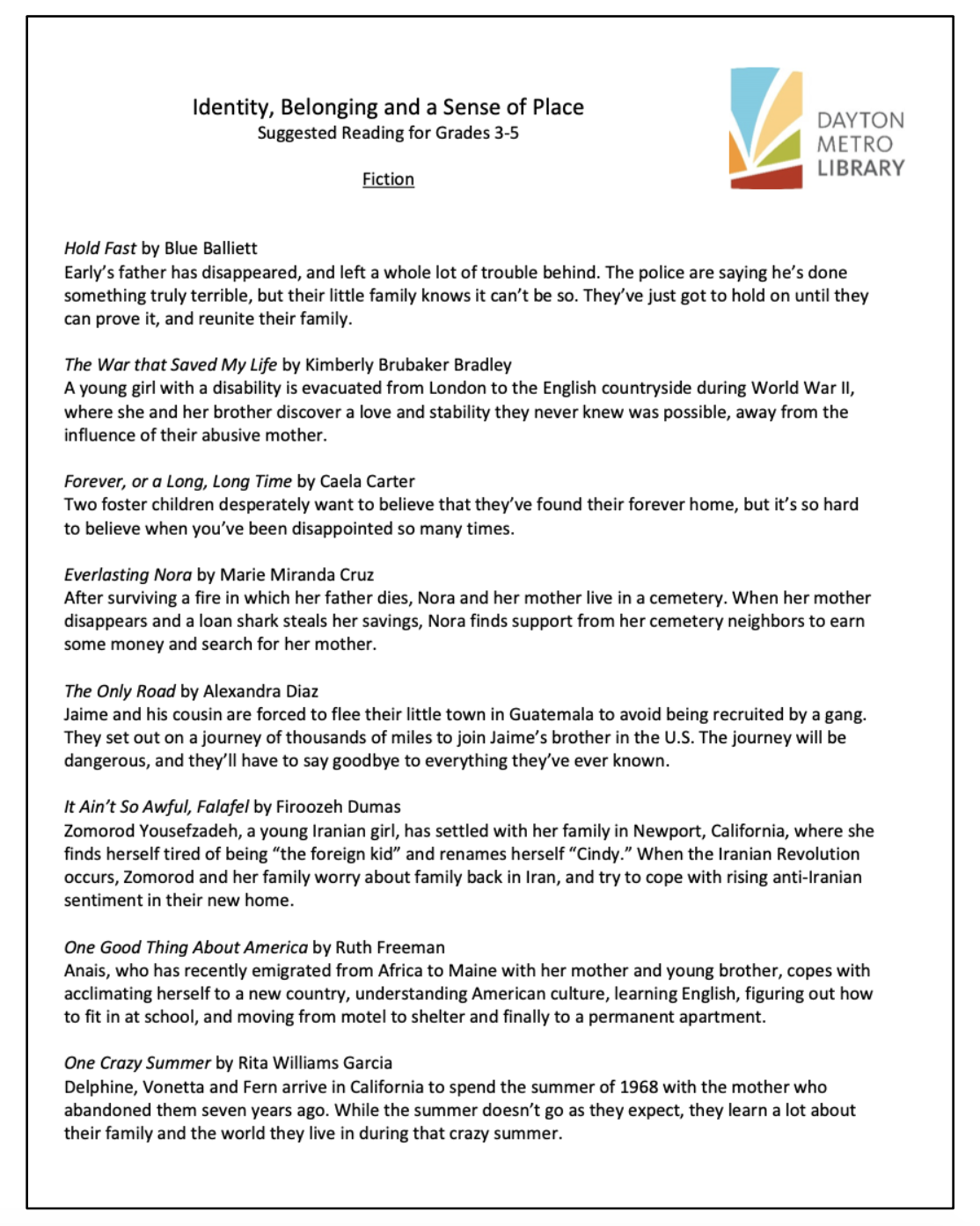
Pre-Institute Assignment
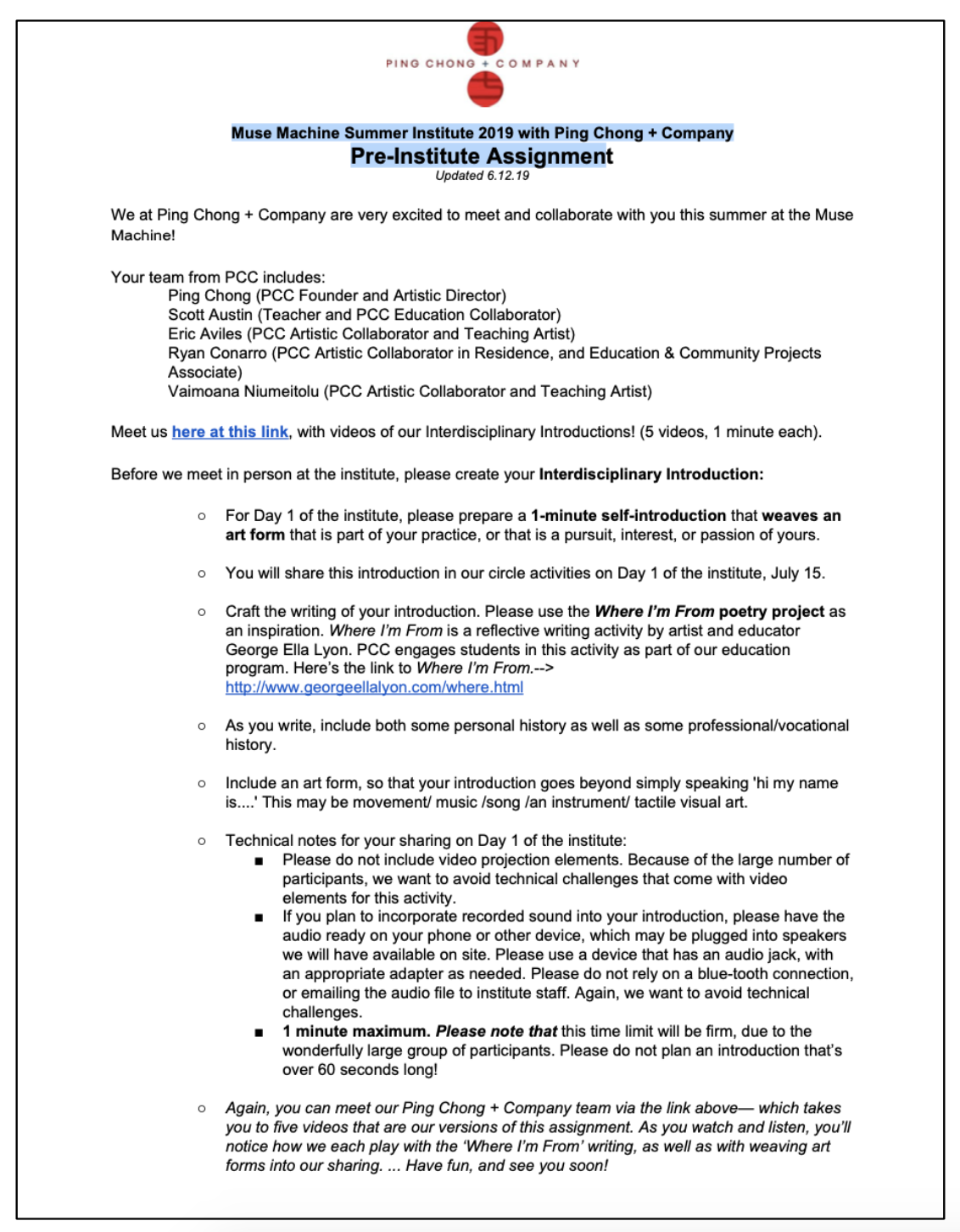
- Common Core Standards Addressed by Secret Histories
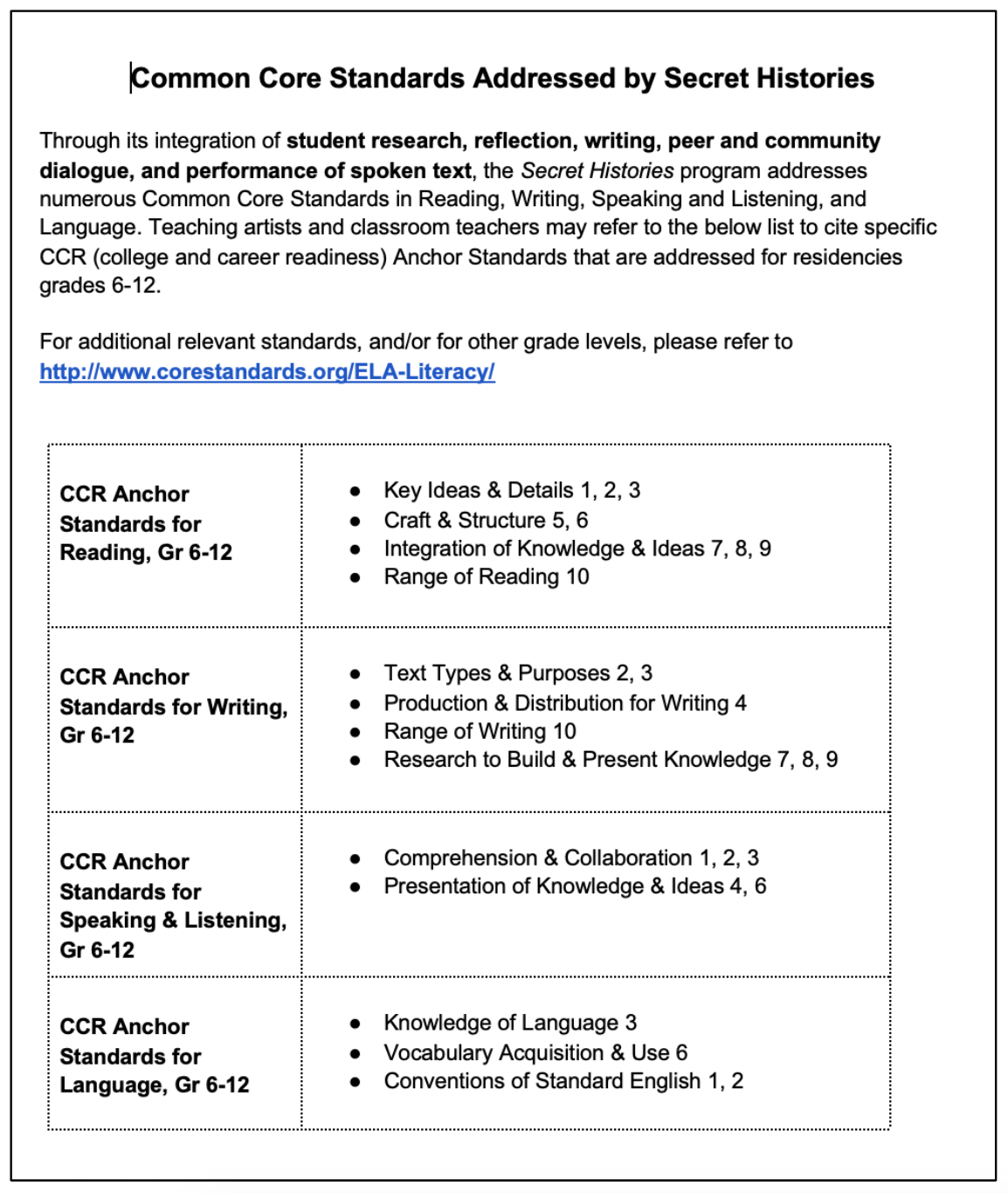
During the Institute
A variety of tools provided support and scaffolding for learning.
- The Institute Handbook, a complete guide to the four days of workshops
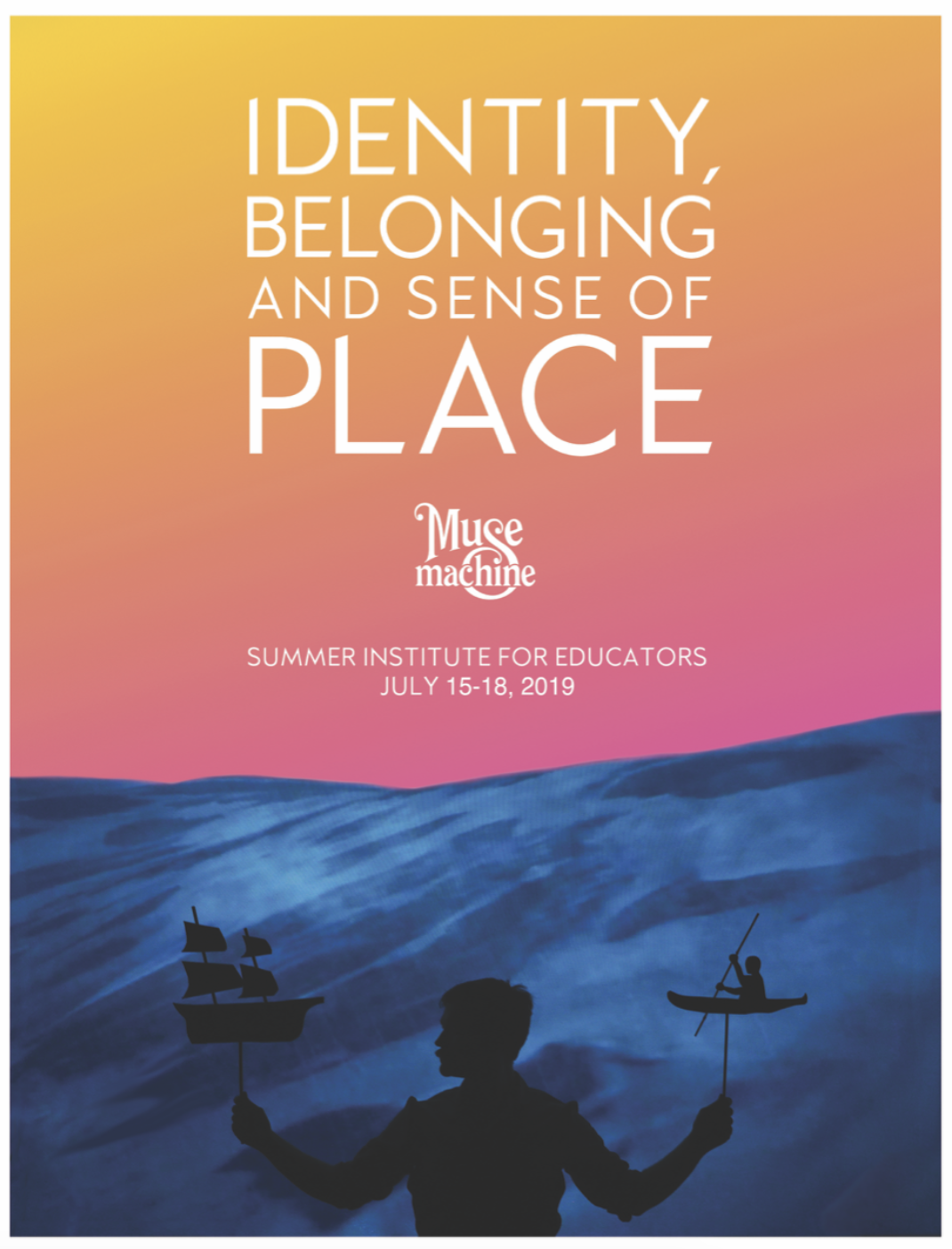
- At the core of the Institute was a suite of well-crafted, meaningful learning led by world-class arts educators.
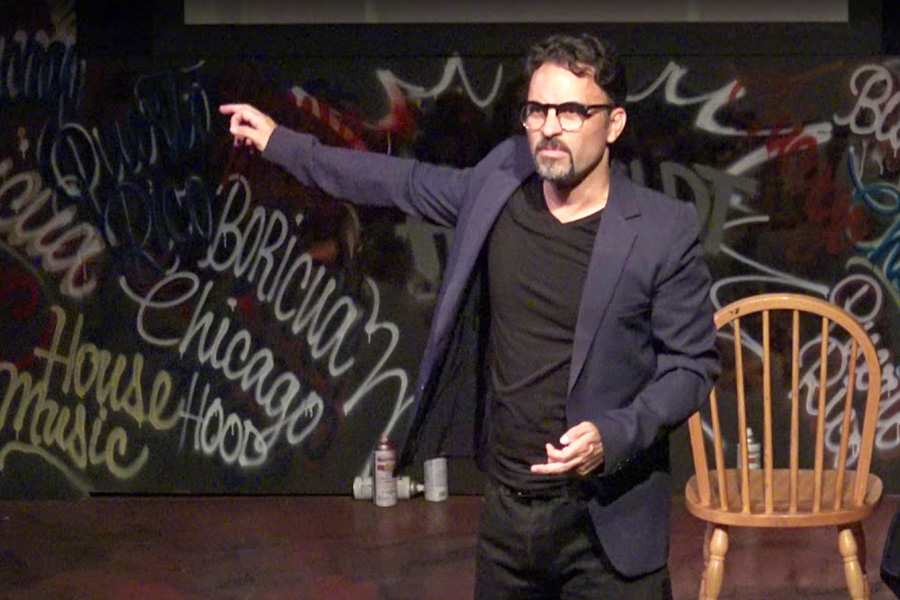
- Interactive sessions that carefully modeled targeted learning objectives and engaged learners.
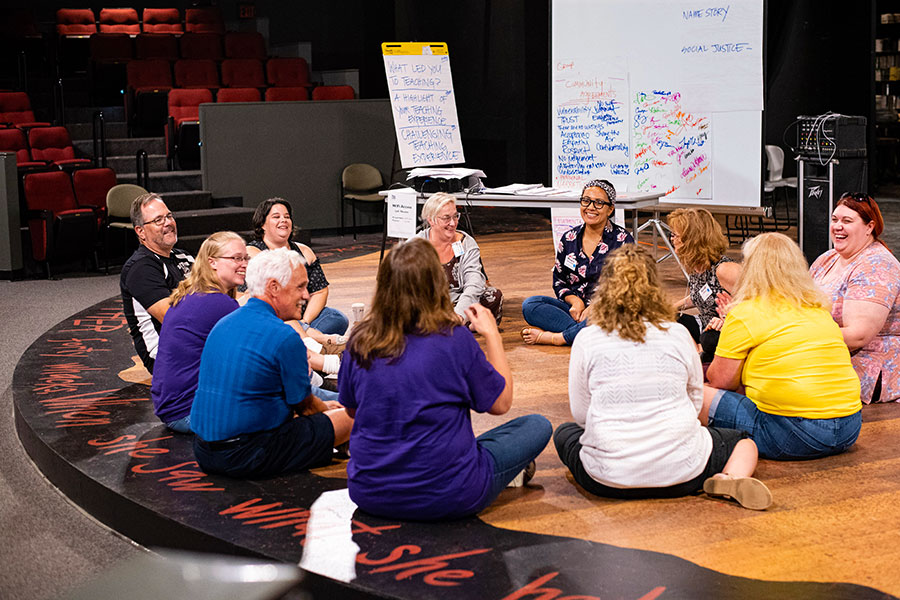
- Tapped multiple learning modalities.
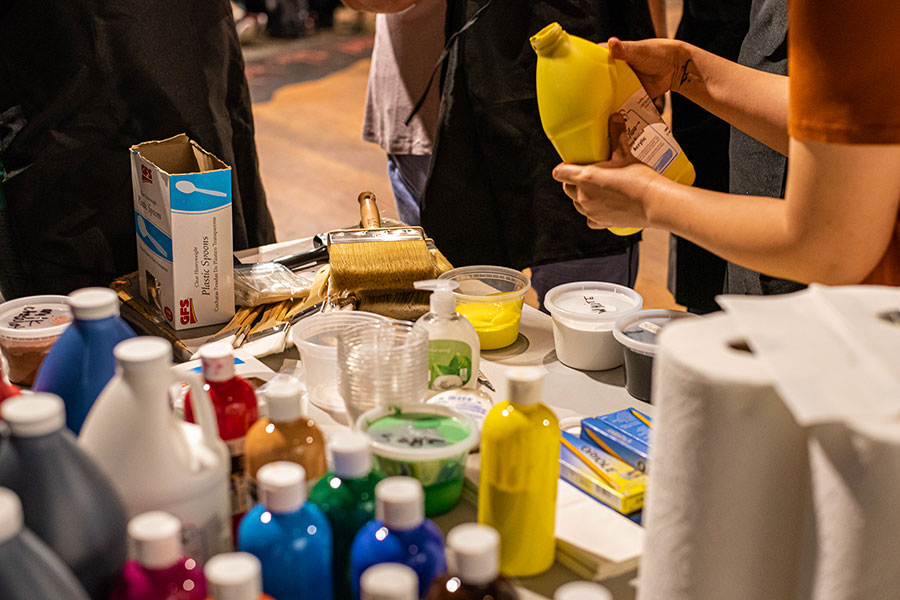
- Involved participants in meaningful work, both individually and in groups.
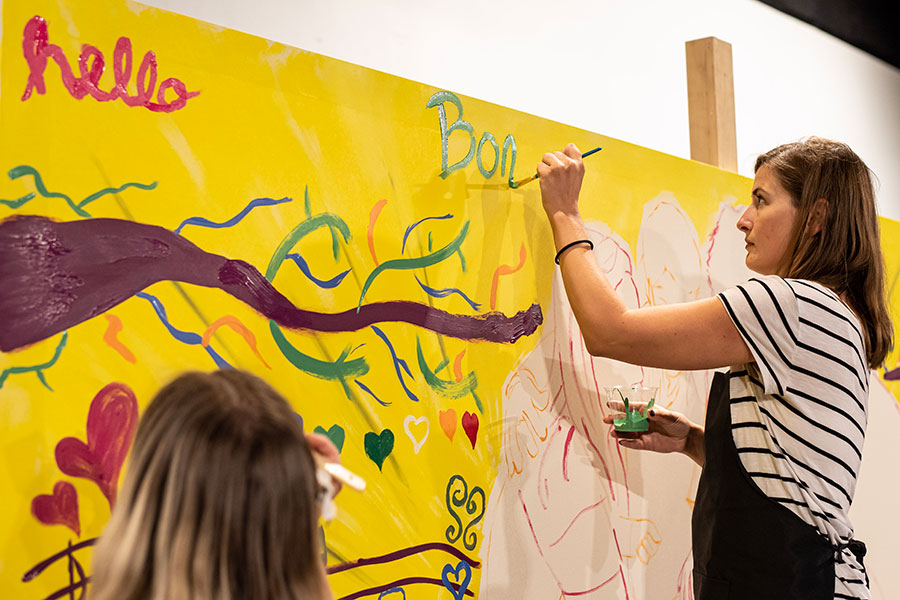
- And helped them to assimilate new knowledge and skills.
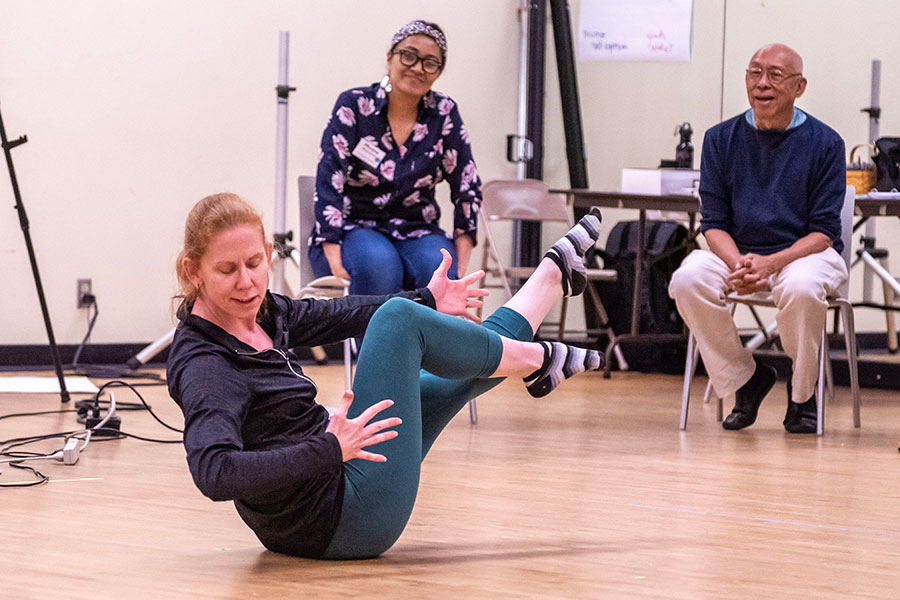
- Including higher-level thinking and essential understandings.
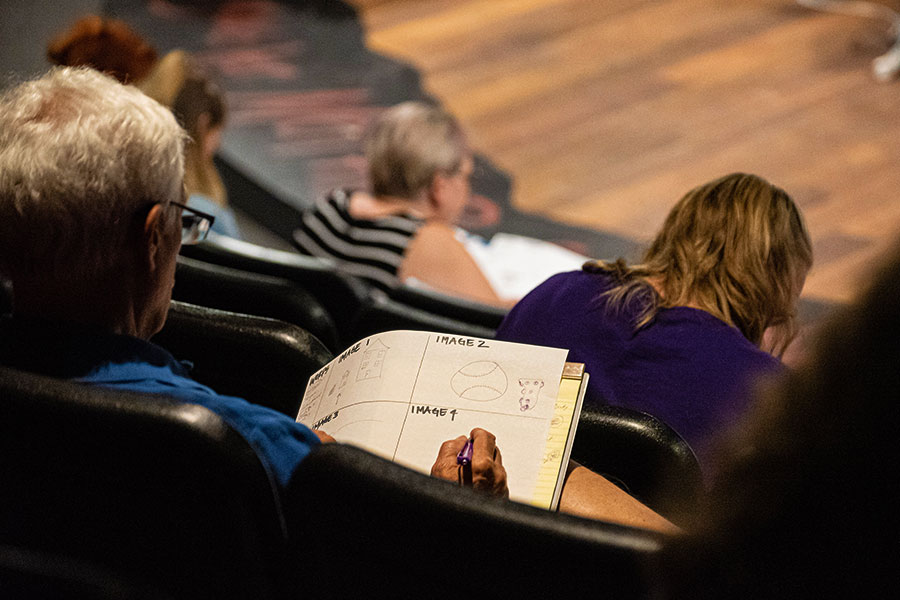
- That they could transfer to their classrooms.
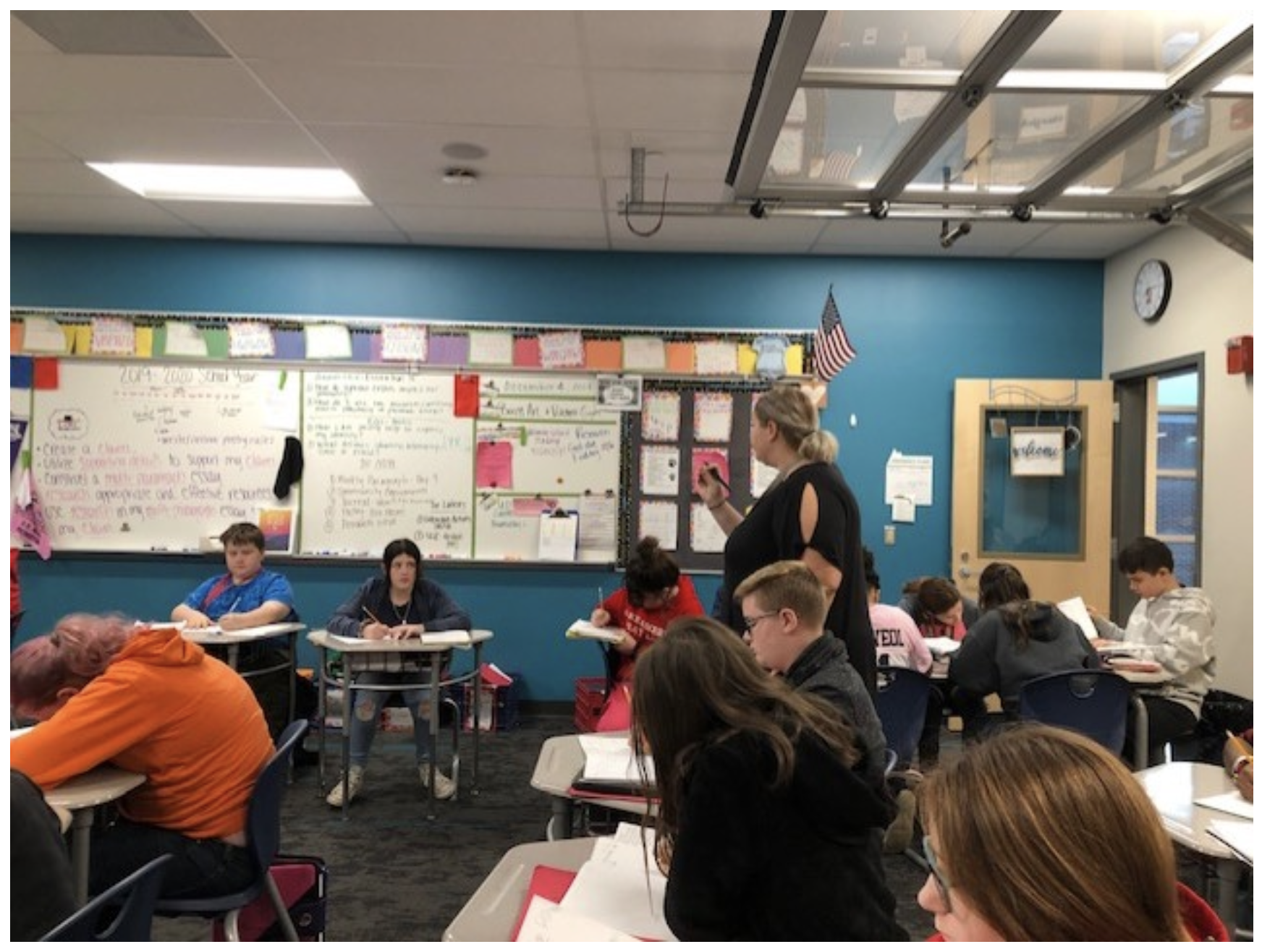
Following the Institute
Making Art, Engaging Community
Residencies at Two Dayton Schools, Fall/Winter 2019-2020
A companion project to the summer institute, this was a unique residency program with Stivers School for the Arts and Ruskin Elementary, led by PCC artists and beginning in the fall of 2019. Funded by the National Endowment for the Arts, The Allegro Fund of The Dayton Foundation, The Iddings Foundation and the Vectren Foundation, these residencies explored the themes of identity, belonging, and sense of place. Drawing from their significant personal and family experiences, students were creatively mentored to create and use oral histories to shape original theatrical performances for sharing with the community during the winter of 2020.
Culminating student performances at each school and a public performance at The Loft Theatre provided opportunities for families and classmates and the community to learn more about their neighborhoods through these oral histories.
In addition, Muse staff are providing onsite, in-classroom support for learning, conducting observations of classroom sessions and providing support to teachers in lesson planning and implementation.
Lesson Plans
Several participants developed lesson plans during the 2019-2020 school year that drew upon their Institute experiences.
Follow Links to View Lesson Plans:
To support teachers’ lesson plan development, Muse designed a tool for ensuring that lessons use state-of-the-art assessment.
Assessment Process Framework
A useful assessment process includes several essential components, as represented in the following table:
Goals. What students should understand, know, be able to do, believe, or value:
- Understandings
- Knowledge and skills
- Thinking skills and dispositions
- Standards
Artifacts or Documentation. Anything that provides evidence that students have met the targeted goals:
- Student work samples
- Student writing or artworks
- Student designs, projects, or research
- Performances, presentations
- Portfolios and process-folios
- Student discussions
- Video documentation
Tests or quizzes Evaluation Tools. Processes for gauging the extent and nature of learning based on the artifacts:
- Rubrics
- Scoring sheets, rating scales
- Teacher observations and narratives
- Student self-reflection
Use of Findings. How assessment results are communicated to various stakeholders or audiences, including parents, school building leadership, district offices, funders, media, other publics, and how the results are used.
- Reports
- Presentations
- Meetings
Although the four components may not be explicitly mentioned in all lesson plans, their effects should be evident.